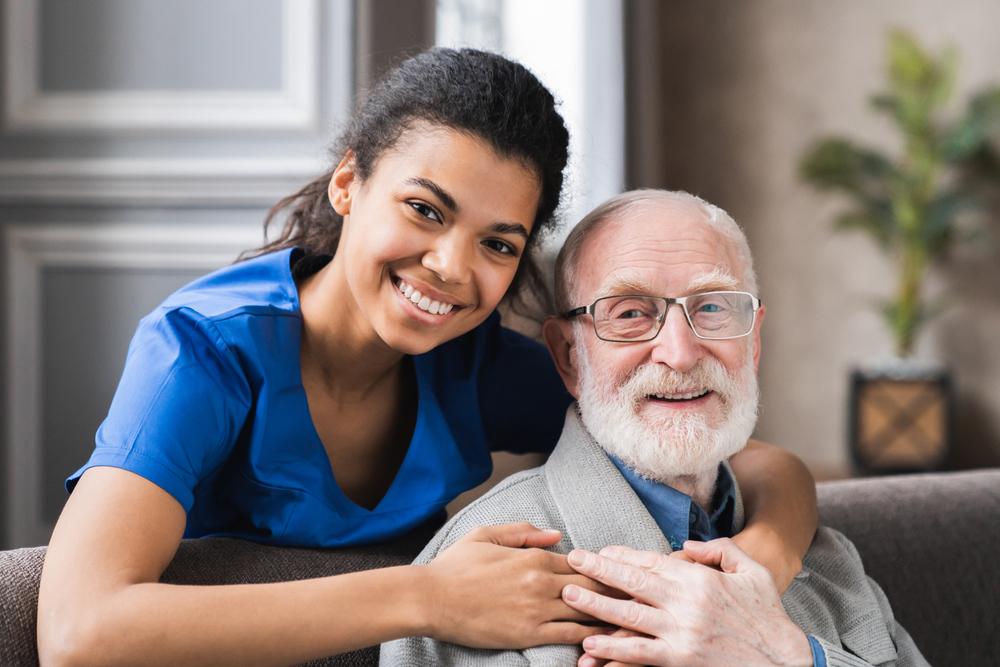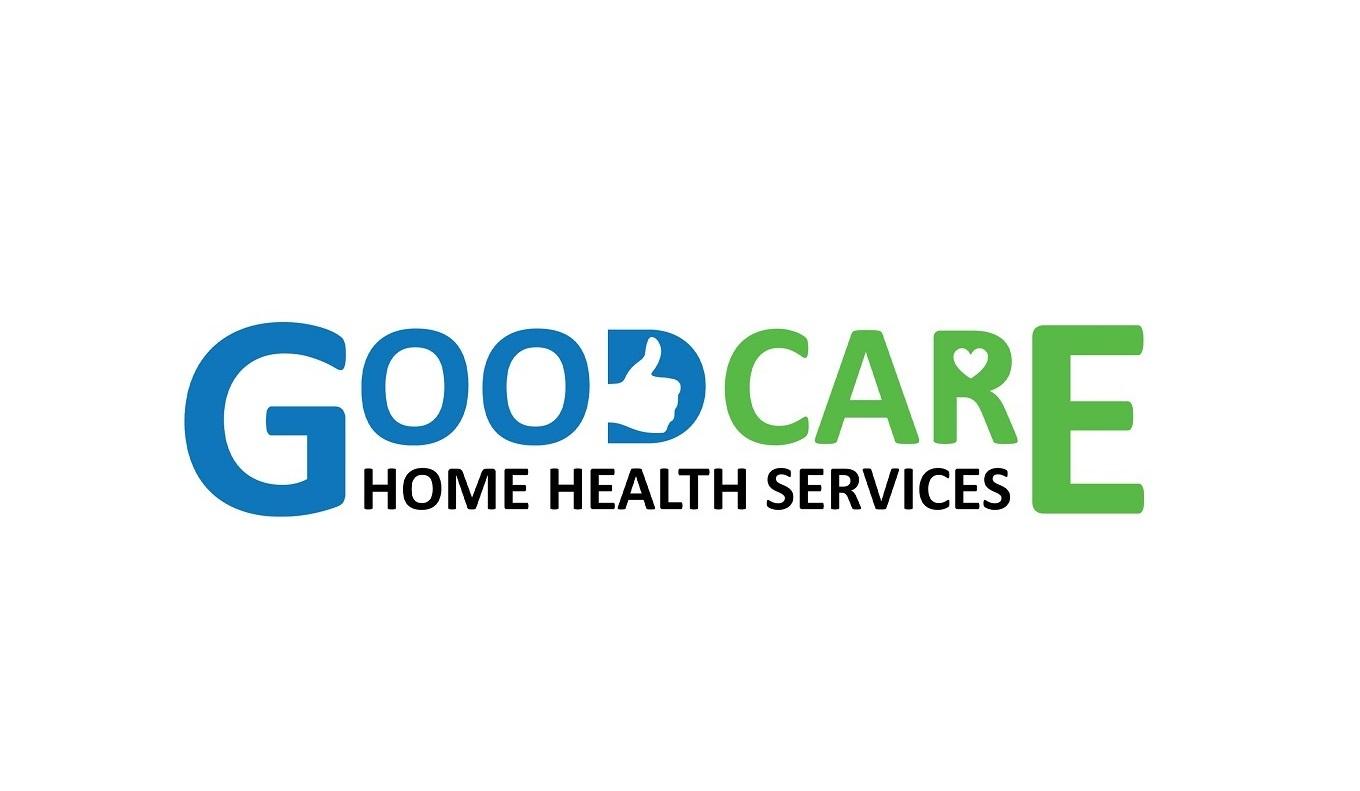Introduction:
When it comes to providing essential care for individuals in need, the healthcare industry relies on a diverse range of professionals. In New York, two vital roles in the field of home healthcare are Certified Home Health Aides (HHAs) and Personal Care Aides (PCAs). While both roles involve caring for clients in their homes, there are distinct differences in their training, responsibilities, and certifications. In this article, we will delve into the disparities between HHAs and PCAs in New York, shedding light on the unique contributions each makes to the healthcare system.
Certification Requirements:
1. Certified Home Health Aides (HHAs):
To become a Certified HHA in New York, individuals must complete a state-approved training program that includes at least 75 hours of instruction. This program covers topics such as personal care, vital signs monitoring, infection control, and nutrition. Additionally, HHAs must pass a competency evaluation, which includes both written and practical assessments.
2. Personal Care Aides (PCAs):
PCAs, on the other hand, in New York, individuals must complete a state-approved training program that includes at least 40 hours of instruction.
Scope of Practice:
1. Certified Home Health Aides (HHAs):
HHAs are trained to provide a broader range of healthcare services to clients. They can assist with activities of daily living (ADLs), administer medications under the supervision of a registered nurse, and perform tasks such as wound care and range of motion exercises. HHAs often work closely with healthcare professionals to ensure that clients receive comprehensive care.
2. Personal Care Aides (PCAs):
PCAs primarily assist with non-medical tasks, focusing on helping clients with ADLs like bathing, dressing, grooming, and light housekeeping. They do not have the training or authority to administer medications or perform medical procedures. PCAs play a crucial role in enhancing the quality of life for clients by providing essential support.
Supervision and Client Needs:
1. Certified Home Health Aides (HHAs):
HHAs often work in more complex healthcare settings where they may need to follow a specific care plan developed by a registered nurse or other healthcare professional. Their roles require a higher level of supervision due to the medical nature of the tasks they perform.
2. Personal Care Aides (PCAs):
PCAs typically work in situations where the client's needs are more focused on assistance with daily living activities. While they may still have oversight from a nurse or case manager, their work is generally less medically intensive, allowing for greater independence in their duties.
Conclusion:
In New York, both Certified Home Health Aides (HHAs) and Personal Care Aides (PCAs) play crucial roles in delivering essential care to individuals in the comfort of their homes. While both HHAs and PCAs undergo formal training and certification, HHAs perform a broader range of healthcare tasks, PCAs focus on non-medical assistance with activities of daily living. The choice between these roles often depends on the specific needs of the client and the level of care required. Understanding these differences is essential for individuals seeking care and those interested in pursuing a career in the home healthcare industry.
Source: health.ny.gov/facilities/home_care/professional.htm




